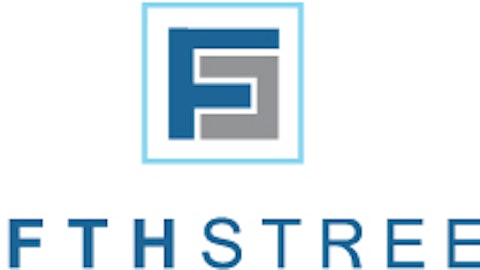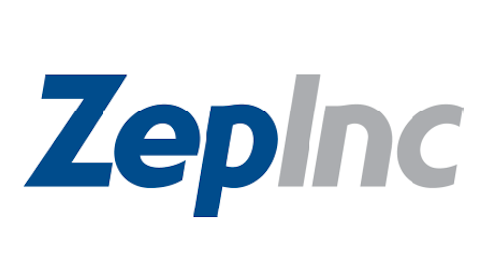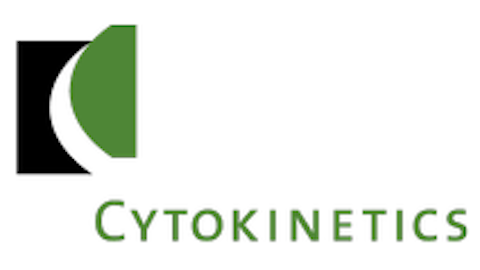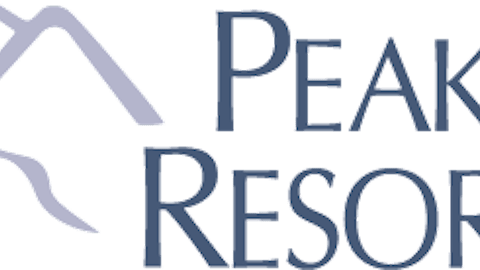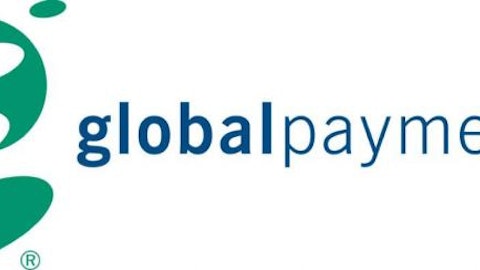We have also recently launched our professional development business. Although it’s early, we have already created an IT boot camp and are exploring approaches to competency-based learning and plan to offer additional non-degree granting programs in the second half of the year. We are also supporting emerging opportunities through Apollo Education Ventures, which was recently launched to invest in innovative products, services, and technologies.
The final component of our strategy is achieving operational excellence. We are streamlining and simplifying business processes and had better aligned the organization to increase efficiency and performance which we expect will lead to lasting and measurable results.
We are also getting better at identifying best practices and sharing them across our institutions globally in areas of retention, marketing, and delivery. We continue to prudently manage our cost base and are focused on healthy margin expansion over the longterm, which Brian will cover in more detail just shortly.
Last, but very importantly, let me provide some additional clarity around the near-term disruption from our new online classroom at the University of Phoenix. As I mentioned last quarter, the University recently completed and rolled out a new modernized classroom, which was a massive undertaking. This platform overall will be an enormous upgrade to students and faculty as it is significantly more advanced in functionality and learning capabilities. It will allow us to capture and analyze data around the science of learning, which we can then use to further improve the student experience and outcomes.
Unfortunately, the conversion to a brand new platform is more challenging than we originally anticipated, specifically given the size and scale of the implementation, and that resulted in a greater than expected impact and retention. Again, Brian will address the financial impact on that in just a moment.
We are 100% committed to fixing all the issues relative to the new classroom as quickly as possible, and infact, our teams have already made substantial progress. We are on track with our plan to aggressively address the technical issues related to the classroom and have also accelerated future enhancements. These include ensuring the classroom is compatible with a broader range of browsers and our other operating systems at all times and that course content is more readily accessible when accessed through third-party providers.
We will continue to improve usability with additional upgrades to provide enhancements throughout fiscal 2015, enhancing the ability to quickly provide the tools and training that our students, faculty, and grad teams need to maximize the benefit in the new classroom and platform. Beginning in January, we started the roll out focused effort to help bring some of those students impacted by their classroom back to the University and we will provide an update next quarter on our progress in this important area.
In closing, our management team is actively addressing our near-term challenges as well as executing on our long-term strategy. We are excited about the future and our ability to expand across the globeover the next several years. As we sit here today, there is over seven billion people in the world, and some 25% have a full-time job. Within the next five years, there is going to be a projected 250 million people vying to gain access to higher education. We are building our company to help educate and connect these students to important careers throughout the world.
I will turn the call over to Brian.
Brian Swartz, SVP and Chief Financial Officer, Apollo Education Group, Inc.
Thank you, Greg, and good morning everyone. I will review our financial results, provide an update on our two largest business units, and then share our outlook for 2015. To quickly recap our consolidated first quarter results, revenue was $719 million, operating income was $61 million, and net income from continuing operations was $34 million or $0.31 per share. Excluding special items, operating income was $83 million, and net income from continuing operations was $48 million, or $0.44 per share.
Focusing first on the University of Phoenix, revenue in the first quarter was $593 million with operating income of $94 million. There were 39,600 new student enrollments, down 5% year-over-year, a slight improvement from the fourth quarter.
